‘He was the most influential Beatle,’ Yoko Ono recently claimed. When Paul and John first spotted him out in Hamburg, in his suit and beard, sitting ‘drinking bourbon and seven’, they were amazed. ‘This was, like, a grown-up musician,’ thought Paul. One night Ringo sat in for their drummer Pete Best. ‘I remember the moment,’ said Paul, ‘standing there and looking at John and then looking at George, and the look on our faces was like …what is this? And that was the moment, that was the beginning, really, of the Beatles.’
I think Ringo Starr was a genius. The world seems to be coming around to the idea. Two months ago, he was finally accepted into the Rock and Roll Hall of Fame — the last Beatle to be inducted. About time too. On 7 July he turns 75.
Some might now plead, enough. Ringo should surely just be celebrated for being Ringo: daffy, doleful, odd. Ousting for good in mid-1962 the gloweringly sexy, Mersey-fan-adored Best, Ringo chanced upon the biggest ride in showbiz history and so became the luckiest Scouser of all time. He wasn’t spectacular; he set the Beatles’ backbeat and kept time, making up for a lack of upfront technique with his characteristic ‘fills’ — flicks and flashes across the drums between lyrics and musical phrases.
Ringo was also short, with a big nose, traditionally the least appealing Beatle. When the band played live, he shook his mop and thrashed around behind the bass drum. On TV in December 1963 the comedian Eric Morecambe called him Bongo. The idea of a slightly absurd creature with a silly name, bucking the sleeker charisma of his colleagues, somehow stuck.
A specific stab at Starr was once attributed to John Lennon himself. Apparently asked if he thought Ringo was the best drummer around, Lennon is said to have replied that he wasn’t even the best drummer in the Beatles. Were the attribution correct, Lennon might slyly have been alluding to McCartney — Paul drummed on some late Beatles. But Lennon didn’t say it. Beatles biographer Mark Lewisohn has apparently traced them to the Brummie comic Jasper Carrott, who seems to have made the quip in 1983, three years after Lennon’s murder.
The joke nonetheless played and plays into a repeated, grave misunderstanding of Starr’s role. True, he wrote only two and a bit Beatles songs (‘Don’t Pass Me By’ and ‘Octopus’s Garden’, with a credit on Rubber Soul for ‘What Goes On’, as well as one for a 1967 instrumental called ‘Flying’). He took lead vocal, with his idiosyncratic nasal glumness, on these and on eight other songs in the tally of 13 UK Beatles LPs. Yet proper focus on his musicianship reveals his indispensability to the other three. His rhythms were tight and infectious, shaping and shaped by guitars and voices: never obtrusive, always consistent. His thuds and whacks behind that bass drum helped create magnificence on nearly every track the Beatles recorded.
It began early. Many might suppose that ‘She Loves You’ (from mid-1963) opens with just those words, sung in chorus. In fact, it kicks off on a fantastically propulsive Starr tom-tom. Through a revolutionary two minutes 20 seconds he frequently plays off the beat. With thrilling use of hi-hat cymbal he opens dynamics and heightens decibels in a manner hitherto not heard on a Beatles record. Such percussive glee was a band war cry as, from 1964 into 1965, the Beatles shook the world.
In his renowned study of the group, Revolution in the Head (1994), Ian MacDonald said of ‘She Loves You’ something absolutely germane to Starr’s real importance: ‘Beyond the basic words and music lay the vital work of arranging, at which juncture the Beatles became not a duo but a quartet.’
It’s one of the astutest points ever made about them. The Lennon–McCartney songwriting machine was well oiled by the supple, moody musicality of George Harrison. But so it was by an unerring Starr. In the past two decades, nerdy concentration on precisely who wrote what, and which Beatle was most important, has often occluded a more basic truth: the Beatles were great only because of the greatness of four men composing and playing together. Without Starr in the mix, they would have sounded quite different, and probably not as wonderful.
Ringo got subtler the further the band left touring behind and the more experimental, from mid-1966, they became in the studio. Without him, there’d be no Beatles track like ‘Tomorrow Never Knows’, which ends the album Revolver. With its tape-loop screeches and Lennon’s eerie vocal, the whole is held together by Starr’s astonishing, off-the-beat control on slackened tom-toms. His drumming makes this piece of music shamanic and, still, utterly fresh.
Instances of Ringo’s ingenuity abound: the fills in the first minute and a half of ‘A Day in the Life’ on Sgt. Pepper; the relentless ferocity and, again, control on the White Album’s hard-rock ‘Helter Skelter’; the svelte jazz tempos of, and cymbal use in, ‘I Want You (She’s So Heavy)’ on Abbey Road; and at the end — on side two as it once was — of the same album’s valedictory medley is the only drum solo Starr performed. (He didn’t approve of drum solos.)
Lack of close listening has disallowed Ringo from being considered as complete a musician as John, Paul and George. When the Beatles took him on (manager Brian Epstein had to sack Best), Ringo was in fact a highly experienced performer, and had long been better known in Liverpool than the others put together. Thirteen years after MacDonald, another reliable Beatles chronicler, Jonathan Gould, wrote: ‘There is little question that the invitation to join the Beatles was the single luckiest thing that ever happened to Ringo Starr. But Ringo’s acceptance of that invitation was also one of the luckiest things that ever happened to the Beatles.’
Correct. The Beatles needed a fresher, better and more Beatlesy drummer than Best. As he reaches his three-quarter century, this congenial northerner surely deserves universal respect, and many happy returns, for being an essential part of one of Britain’s most fabled contributions to the 20th century.
Got something to add? Join the discussion and comment below.
Get 10 issues for just $10
Subscribe to The Spectator Australia today for the next 10 magazine issues, plus full online access, for just $10.
James Woodall is the author of ‘The Story of The Beatles’ Last Song’.
You might disagree with half of it, but you’ll enjoy reading all of it. Try your first month for free, then just $2 a week for the remainder of your first year.

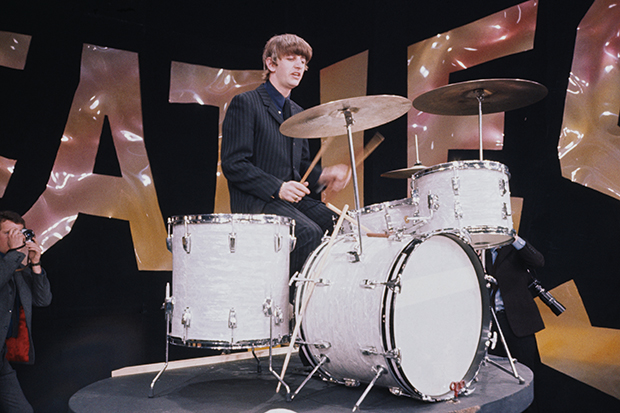
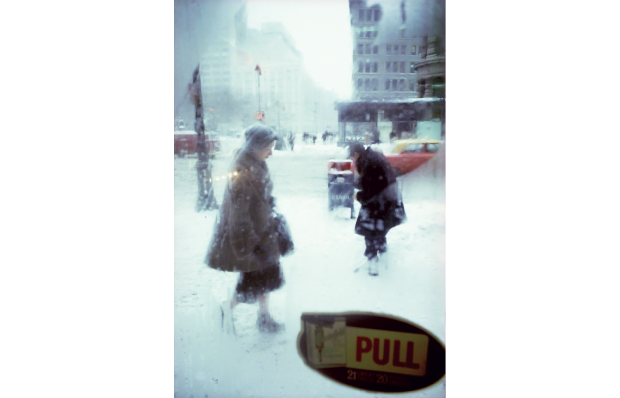

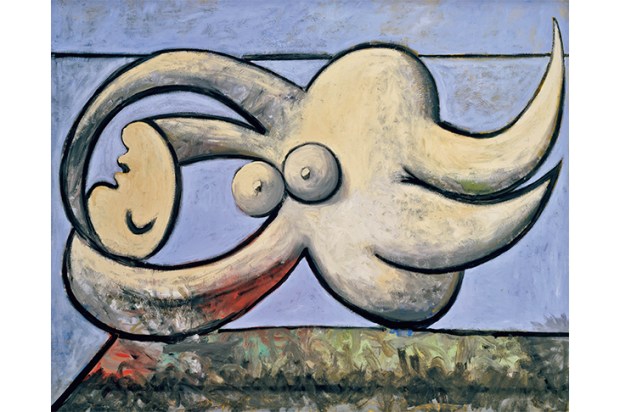
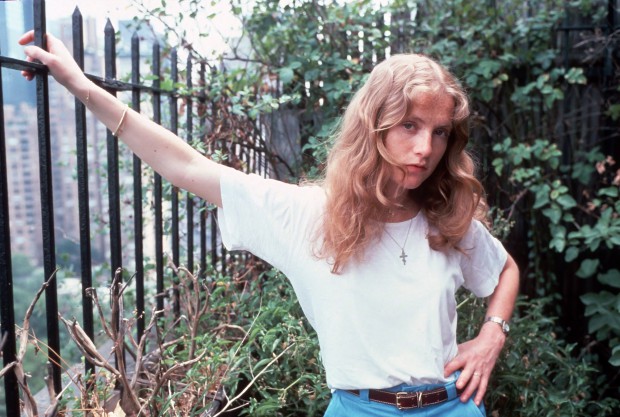
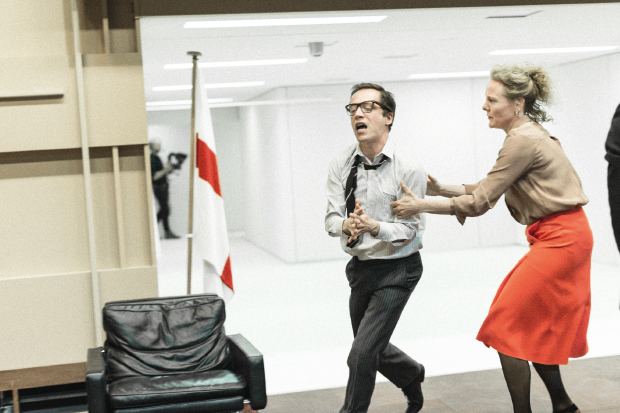
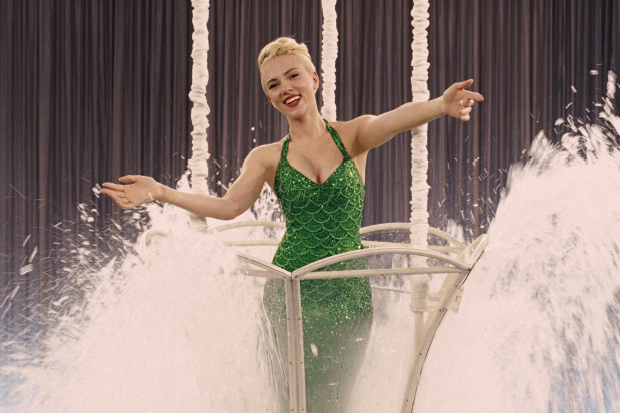






Comments
Don't miss out
Join the conversation with other Spectator Australia readers. Subscribe to leave a comment.
SUBSCRIBEAlready a subscriber? Log in